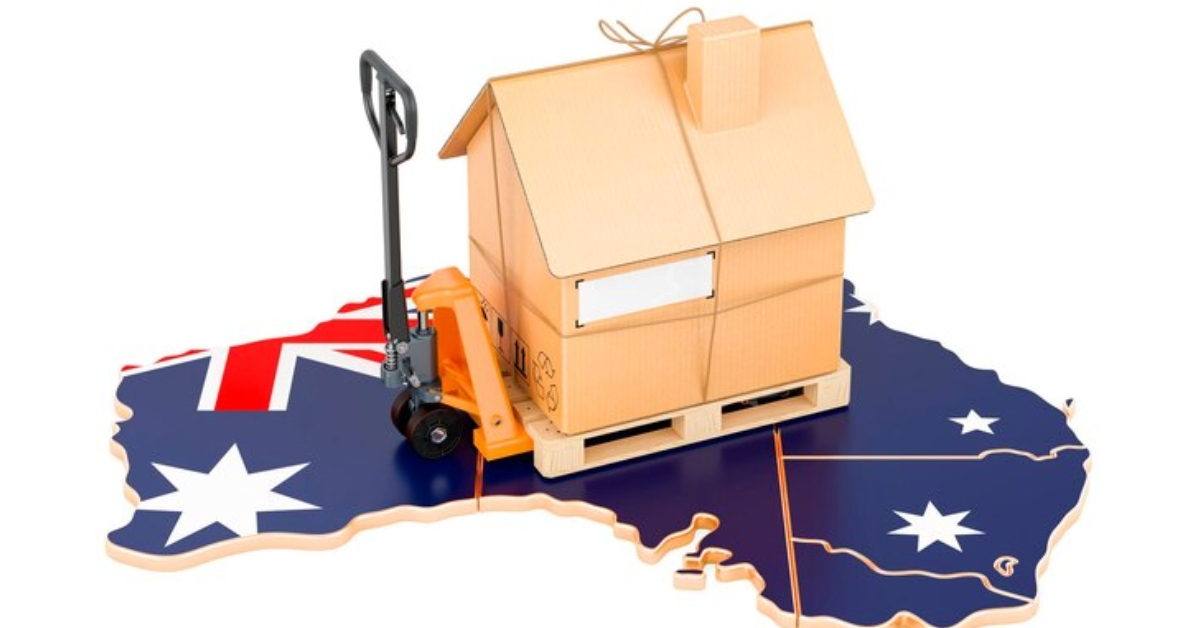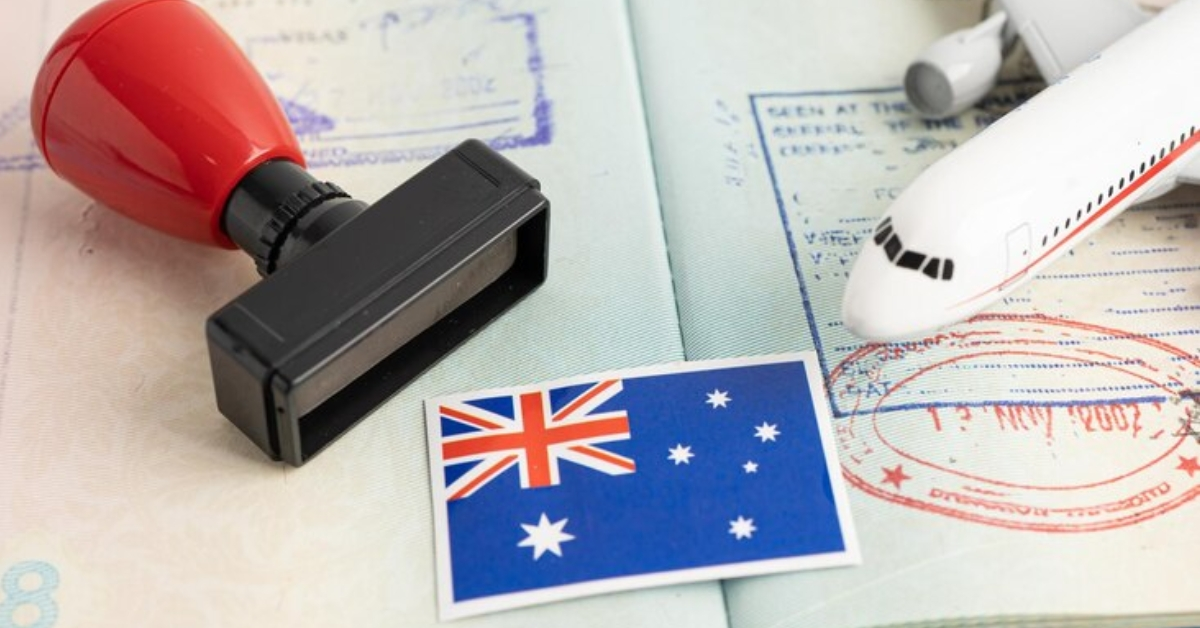Remitforex – The Money Transfer Expert
Remitforex – The Money Transfer Expert




Australia is a country that embodies natural beauty, vibrant cities, and a high quality of life. It’s no wonder that people worldwide are considering relocating to this vast and stunning land.
Australia has long been a dream destination for many Indians due to its high standard of living, diverse cultural landscape, and a wealth of opportunities for work and study. Whether you’re considering relocating for a job, retiring in the serene landscapes, or travelling to explore its natural wonders, Australia offers something for everyone.
This comprehensive guide provides everything you need to know about travelling, living, retiring, and moving to Australia as an Indian.
Australia’s appeal lies in its booming economy, diverse employment sectors, world-class healthcare, and excellent education system. With a stable political environment and a multicultural society, it’s an ideal destination for Indian immigrants seeking a better quality of life.
Strong Economy & Job Opportunities: Australia is known for its robust job market, particularly in sectors like IT, healthcare, engineering, construction, and hospitality. Cities like Sydney, Melbourne, Brisbane, and Perth have many job opportunities for skilled Indian workers.
Quality Education: Australia is home to globally recognized universities such as the University of Melbourne, Australian National University, and the University of Sydney. Many Indian students opt for higher education here due to the country’s emphasis on research and innovation.
Multicultural Society: With a growing Indian diaspora, settling in Australia feels less daunting. Indian festivals, grocery stores, and community centres are widespread, making it easier to maintain cultural ties while enjoying the perks of Australian living.
Before living your Australian dream, you must understand the visa requirements and travel logistics.
Tourist Visa: If you plan to visit Australia for leisure, a subclass 600 visa will be necessary. It allows Indian tourists to stay up to 12 months, depending on the conditions specified. The visa application requires proof of financial stability, travel insurance, and a clean health record.
Student Visa: If education is your primary focus, you’ll need a subclass 500 visa, which allows you to stay for the duration of your study course. To apply, you’ll need a confirmation of enrollment from an Australian university and proof of sufficient funds.
Work Visa: Australia offers several work visa options for skilled workers, including subclass 482 (Temporary Skill Shortage visa) and subclass 189 (Skilled Independent visa). These visas typically require a valid job offer, skills assessments, and a minimum level of English proficiency.
Living in Australia brings a blend of urban sophistication and laid-back charm. From the bustling city life in Sydney to the serene beaches of the Gold Coast, Australia has something for every lifestyle.
Cost of Living: Major cities like Sydney and Melbourne are relatively expensive compared to Indian cities. However, smaller cities like Adelaide, Perth, and Hobart offer a more affordable living experience. On average, monthly expenses, including rent, utilities, and groceries, can range between AUD 2,000 and 3,500, depending on location and lifestyle choices.
Housing: Rent varies greatly depending on the city. In Sydney, for example, a one-bedroom apartment in the city centre can cost around AUD 2,000 per month, whereas it can be significantly cheaper in cities like Perth or Adelaide.
Healthcare System: Australia boasts a world-class healthcare system. As an Indian immigrant, you’ll have access to Medicare, Australia’s universal health insurance scheme, which provides free or low-cost medical services.
Work-Life Balance: Australians value work-life balance, with the average working week being 38 hours. Employees often enjoy flexible working hours, paid annual leave, and public holidays, making Australia an appealing destination for those seeking to balance career growth with personal time.
Retiring in Australia is an excellent option for Indians seeking tranquillity, a high standard of living, and beautiful landscapes to enjoy their golden years.
Retirement Visa: Unfortunately, Australia does not currently offer a dedicated retirement visa. However, retirees who have children living in Australia can apply for other visa streams, such as the subclass 408 (Temporary Activity visa) or the subclass 870 (Sponsored Parent visa).
Superannuation System: If you’ve worked in Australia on a temporary visa, you might be eligible for superannuation funds (similar to a pension). You can withdraw these funds upon retiring, provided you meet the eligibility criteria.
Cost of Living for Retirees: Retirees may find Australia slightly expensive compared to India. However, many expats choose to live in smaller cities or rural areas where the cost of living is lower. Queensland, in particular, is a popular choice due to its affordable housing, excellent healthcare, and relaxed lifestyle.
Healthcare for Retirees: Australia’s healthcare system is particularly beneficial for retirees. Medicare offers subsidized healthcare services, and private insurance ensures access to more comprehensive care.
Many Indian immigrants want to secure permanent residency (PR) in Australia. The points-based immigration system streamlines the PR process, making it achievable for those with the right qualifications and experience.
Skilled Migration Program: The skilled migration pathway, including subclass 189 (Skilled Independent visa) and subclass 190 (Skilled Nominated visa), is the most common route for Indians to obtain PR. Points are awarded based on age, education, work experience, and English proficiency.
Family Sponsorship: Indians with close family members in Australia can apply for PR through family sponsorship visas, such as subclass 143 (Contributory Parent visa) or subclass 820 (Partner visa).
Citizenship: After holding a PR for four years, Indians can apply for Australian citizenship. This offers benefits such as voting rights, access to government jobs, and the ability to travel with an Australian passport.
Moving to Australia also means managing your finances across two countries. Whether it’s sending money to support family members, paying tuition fees, or transferring funds for property investments, you’ll need a reliable way to send money from India to Australia. Outward remittance from Unimoni is fast, reliable and secure. You can get 24/7 assistance from our experts regarding sending money abroad.
Get complete assistance for overseas education from Unimoni. We’ll help you choose the right college, manage your finances using our Forex cards, exchange currencies, book flight tickets, and obtain a visa. Get safe and secure student accommodations near your university.
Embrace your Australian dream today with Unimoni.

